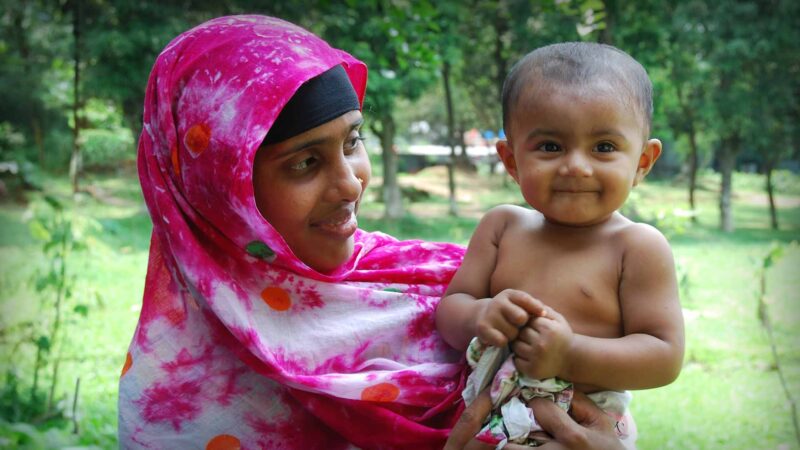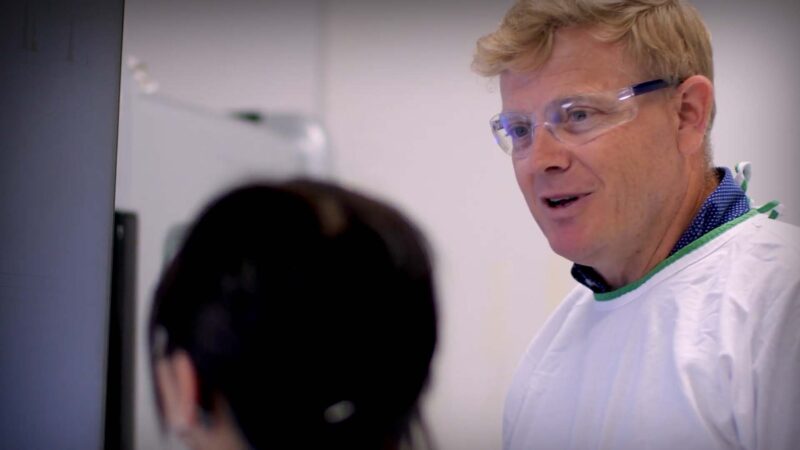CAUSAL GENES AND PATHOGENIC MECHANISMS UNDERLYING GASTROINTESTINAL DISEASES
Professor Mauro D’Amato
Professor of Medical Genetics, Department of Medicine and Surgery,
LUM University in Casamassima, Italy &
Ikerbasque Research Professor and Head of the Gastrointestinal Genetics Lab
CIC bioGUNE, Derio, Spain
RESEARCHER PROFILE
Filmed online | January 2025
Mauro D’Amato is Professor of Medical Genetics at the Department of Medicine and Surgery at LUM University in Casamassima – Italy, and Ikerbasque Research Professor and Head of the Gastrointestinal Genetics Lab in CIC bioGUNE, Derio – Spain. His career has developed through an important international trajectory, holding research and academic positions at several institutions including the Wellcome Trust Center for Human Genetics in Oxford – UK, the Karolinska Institutet in Stockholm – Sweden, Biodonostia HRI in San Sebastian – Spain and Monash University in Melbourne – Australia.
Professor D’Amato has more than 25 years research experience in the field of human genetics and complex diseases, with activities most recently geared towards a translational application for therapeutic precision in gastroenterology. His team, the Gastrointestinal Genetics Laboratory, combine leading expertise in genomic, computational and pre-clinical research, and have contributed important breakthroughs linking specific genes and pathogenetic mechanisms to a number of gastrointestinal diseases like inflammatory bowel disease (IBD), microscopic colitis (MC) and irritable bowel syndrome (IBS).
He is also the coordinator of the bellygenes initiative on the genetics of IBS, and biobank-scale research from his lab contributes to multiple scientific consortia and collaborative networks studying the genetic makeup of millions of people across EU, USA and Australasia.
Professor D’Amato has an H-index of 74, has edited 2 books and published extensively in the field of human genetics and gastrointestinal disease; he provides expert feedback to international journals and research funding agencies, and has supervised more than 40 PhD students and postdocs.
You Might also like
-
Anaemia guidelines updated after 50 years
Professor Sant-Rayn Pasricha is the Acting Deputy Director at the Walter Eliza Hall Institute of Medical Research in Melbourne, Australia. He is also a clinical haematologist at the Royal Melbourne Hospital and the Peter MacCallum Cancer Centre. From a young age, Prof Pasricha dreamed of becoming a doctor and found joy in learning about the human body and how to care for patients. After completing medical school, he developed a passion for working in low and middle-income countries, which led him to spend time working in East Timor, India, and Central Australia with First Nations communities.
-
Behavioural science in cancer screening, control and communication
Dr Dodd has an established international reputation as a behavioural scientist in cancer control and communication. Since completing her PhD in 2016, Dr Dodd has been awarded a three-year University of Sydney Postdoctoral Research Fellowship (2018-2021) and a three-year Research Fellowship at The Daffodil Centre (current). Dr Dodd is the co-chair of the ‘Strengthening and optimising approaches to cancer prevention, screening, and early detection’ hub at The Daffodil Centre (with more than 130 staff and students).
-
Next generation nanomedicine and radiopharmaceuticals to treat cancer
Finding better ways of treating cancer, aside from finding a cure, aim to provide a better quality of life for those who suffer from it.
Professor Thurecht’s work focuses on nanomedicine and spans across the Australian Institute for Bioengineering and Nanotechnology and the Centre for Advanced Imaging, at the University of Queensland in Australia.

 https://orcid.org/0000-0003-2743-5197
https://orcid.org/0000-0003-2743-5197


